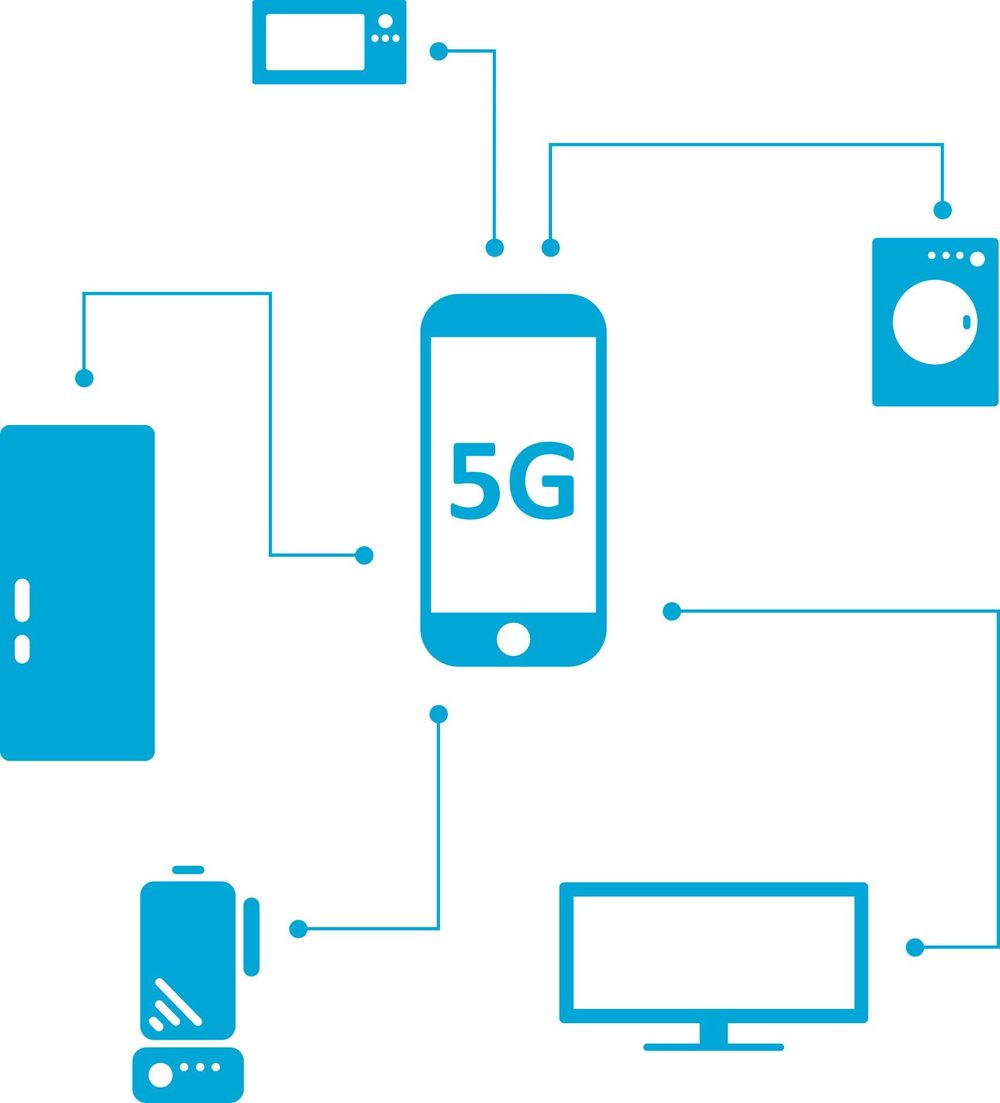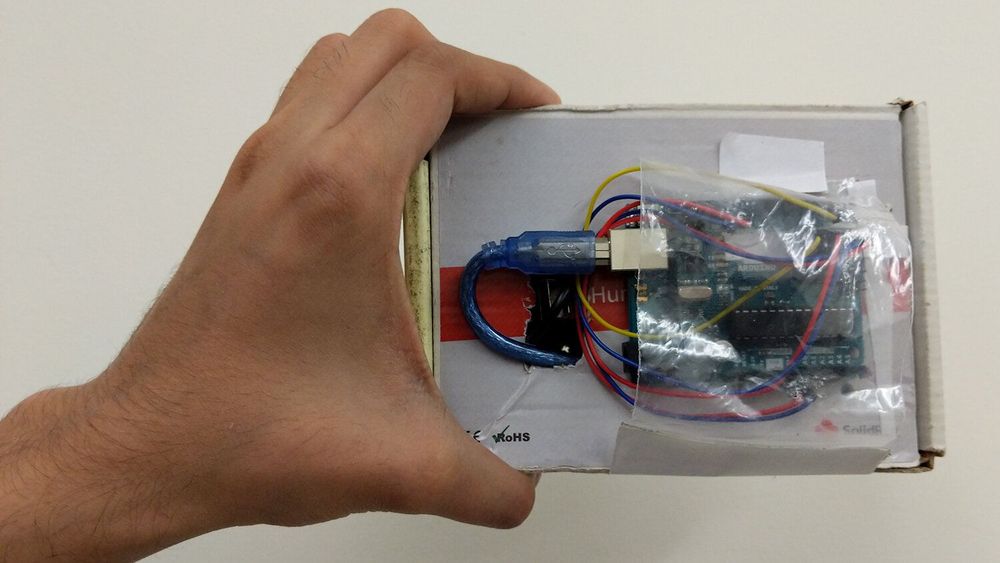When practical quantum computing finally arrives, it will have the power to crack the standard digital codes that safeguard online privacy and security for governments, corporations, and virtually everyone who uses the Internet. That’s why a U.S. government agency has challenged researchers to develop a new generation of quantum-resistant cryptographic algorithms.
Many experts don ’t expect a quantum computer capable of performing the complex calculations required to crack modern cryptography standards to become a reality within the next 10 years. But the U.S. National Institute of Standards and Technology (NIST) wants to stay ahead by getting new cryptographic standards ready by 2022. The agency is overseeing the second phase of its Post-Quantum Cryptography Standardization Process to narrow down the best candidates for quantum-resistant algorithms that can replace modern cryptography.
“Currently intractable computational problems that protect widely-deployed cryptosystems, such as RSA and Elliptic Curve-based schemes, are expected to become solvable,” says Rafael Misoczki, a cryptographer at the Intel Corporation and a member of two teams (named Bike and Classic McEliece) involved in the NIST process. “This means that quantum computers have the potential to eventually break most secure communications on the planet.”







